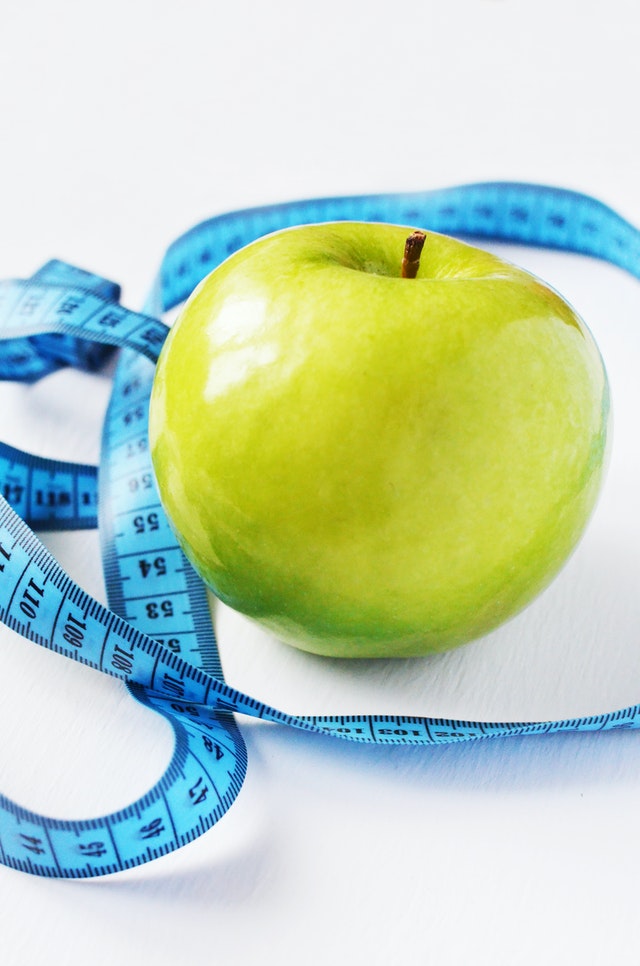You might question that “Why am I not losing weight?” after all your efforts. You try so hard but all in vain. Maybe you are doing it wrong and lacking some important information. There are multiple reasons you are not losing weight.
Table of Contents
Some medications act as a hurdle
According to studies, drug-induced weight gain accounts for 10 to 15% of the obesity pandemic. Furthermore, according to Louis Aronne, M.D., head of the Comprehensive Weight Control Center at Weill Cornell Medicine, “it’s possible that medicines make it harder to lose weight.” Weight-gain-promoting medications range from over-the-counter antihistamines containing diphenhydramine, which increases appetite, to beta-blockers, which decrease muscle contractions and hence slow metabolism, to the most selective serotonin reuptake inhibitors used to treat depression and anxiety.
Eating less protein is a problem
A high protein diet increases metabolism decreases hunger and alters the levels of many weight-controlling hormones.
Protein works through a variety of processes to help you reduce weight and belly fat.
Ghrelin, the hunger hormone, is reduced by protein, while GLP-1, peptide YY, and cholecystokinin, the appetite-suppressing hormone, are increased. As a result, calorie consumption is automatically reduced.
Your food choice is incorrect
Whether you follow a Paleo, Keto, or Low-Fat diet, you won’t lose weight unless you eat nutritional foods. You’ll struggle to lose weight if you’re on a low-fat diet that includes low-fat foods like diet Coke and white bread. If you eat bacon every day, low-carb doesn’t make sense, says Christopher Gardner, a nutrition specialist at the Stanford Prevention Research Center.
Your pace is insufficient
A daily walk is excellent, but if you’re only walking at a comfortable pace (around 3 miles per hour), you won’t notice much of a benefit in terms of weight loss, which necessitates a calorie burn rate of 4 miles per hour or more.
Walking instructors recommend altering your pace by including short patches with a faster stride to achieve this. “Adding speed intervals to your walking routine is one of the most effective methods to turn walking into a weight-loss workout,” says Michele Stanten, a walking coach and author of Walk Off Weight.
Your food consumption at night is greater
According to studies, persons who eat after dinner ingest 208 more calories than those who don’t. “A lot of people can control what they eat throughout the day, but by bedtime, they’re weary and feel like they deserve a treat,” says Kelly Allison, head of the University of Pennsylvania’s Perelman School of Medicine’s Center for Weight and Eating Disorders.
Your sleep duration might be the problem
There is a clear link between the quantity and quality of one’s sleep and one’s proclivity to acquire (or lose) weight. Sleep deprivation causes energy deficits and tiredness on a physiological level. To compensate for the lack of food, the body will need more food – a perfectly normal response – and the body will need to obtain fuel from somewhere.
Stress is preventing you from losing weight
When we are under a lot of stress, our bodies produce a lot of stress chemicals, such as cortisol. Cortisol may cause the body to resist insulin, causing blood sugar to rise and fat accumulation to increase. Stress-related weight gain, on the other hand, is more likely to have psychological than biological foundations. In terms of psychology, “stress eating” is a real thing that happens when blood sugar levels drop. Sudden decreases in blood sugar can trigger appetite and lead to binge eating.
Insufficient water consumption prevents weight loss
Water aids in the regulation of our metabolism and digestion, as well as a variety of other activities. Dehydration boosts hunger in addition to causing havoc with our metabolic and digestive systems. Too often, the body is requesting more water rather than food, yet we incorrectly consume the latter.
Some medical conditions increase weight
Weight gain might also be exacerbated by certain medical disorders. Bipolar disorder, Cushing’s syndrome, diabetes, fluid retention, polycystic ovarian syndrome (PCOS), prolactinoma, underactive thyroid, and many more disorders have been identified.
Best option to cater to these issues
Kristin Tullo will understand the reasons which have prevented your weight loss. An effective plan will remove all your worries. You will lose weight and become healthier by following our plan. There are alternatives for all the problems. Professionals have solutions for your problems.

